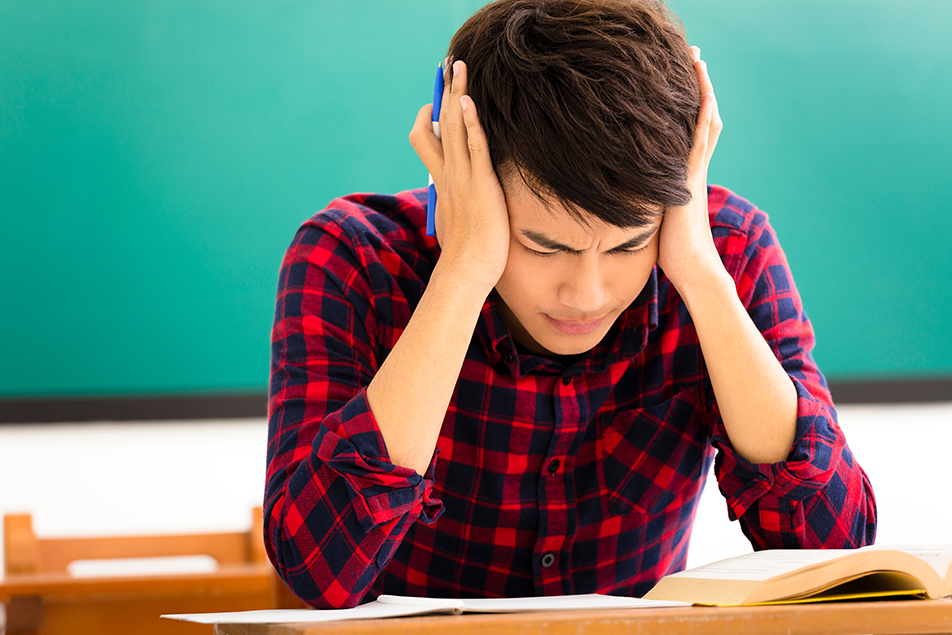
When an athlete or individual suffers a concussion, we take great care in ensuring that they complete the proper protocols to return to their sport. But athletes are students first, and experiencing a concussion may cause difficulties in the classroom as well. Meaghan Wolfe, MS, CCC, SLP, speech pathologist, Parkview Outpatient Rehabilitation Clinic, shares some strategies and tips for student-athletes dealing with concussion symptoms off the field or court.
Embrace routine changes
We’ve found four different lifestyle changes that have been successful in combatting the mental fatigue often experienced by those recovering from a concussion:
- Rest and sleep – These two components are actually different when it comes to managing fatigue. Sleep is obviously about getting the proper amount of sleep at night to help the body and mind recover, but rest is also important. We consider rest to be quiet downtime, not necessarily sleeping or taking a nap, but rather short breaks taken throughout the day. These breaks should be carefully planned and scheduled into your day.
- Planning a consistent daily routine
- Reducing overall activity, but incorporating relaxing activities like deep, pursed lip breathing and progressive muscle relaxation
- A balanced, nutritious diet
Make a daily effort to recover
Besides paying special attention to the student’s daily routine, there are several general tips for reducing the effects of a concussion:
- Decrease screen time, including smartphone usage, TV viewing and video games
- Use a blue light filter on the computer
- Wear sunglasses to reduce sensitivity to light. In school, avoid sitting directly under a fluorescent light.
- Wear noise-cancelling headphones for noise sensitivity
- Sit in the front of the classroom
- Use smartphone alarms and reminders to help with memory lapses
- Have distraction-free areas when completing schoolwork at home
Use attention and memory strategies
Some students are visual learners, who obtain knowledge best by seeing information on a white board, computer or physically writing things down. Others are auditory learners who obtain knowledge best by hearing and/or repeating information. Because the ability to focus on tasks and retain information may be impacted after a concussion, there are different attention and memory strategies for different types of learners.
Visual learners should:
- Ask their teacher to write directions on the board
- Write the goals for the assignment at the top of the paper
- Highlight or underline important information
- Rewrite notes to help remember them
- Read out loud and read slower to help process words more effectively
- Use intentional self-talk to increase focus and concentration if they’re having trouble paying attention. This can be out loud, in a whisper or simply in their mind.
- Pace themselves and don’t expect to complete tasks as fast as they normally would
Auditory learners should:
- Use word association, rhyming or mnemonic devices to remember facts
- Audio record information so they can listen again later
- Repeat facts or information and visualize it
- Ask the teacher for step-by-step directions
- Explain information out loud to others
- Read out loud and read slower to help process words more effectively
- Use intentional self-talk to increase focus and concentration if they’re having trouble paying attention. This can be out loud, in a whisper or simply in their mind.
- Pace themselves and don’t expect to complete tasks as fast as they normally would



